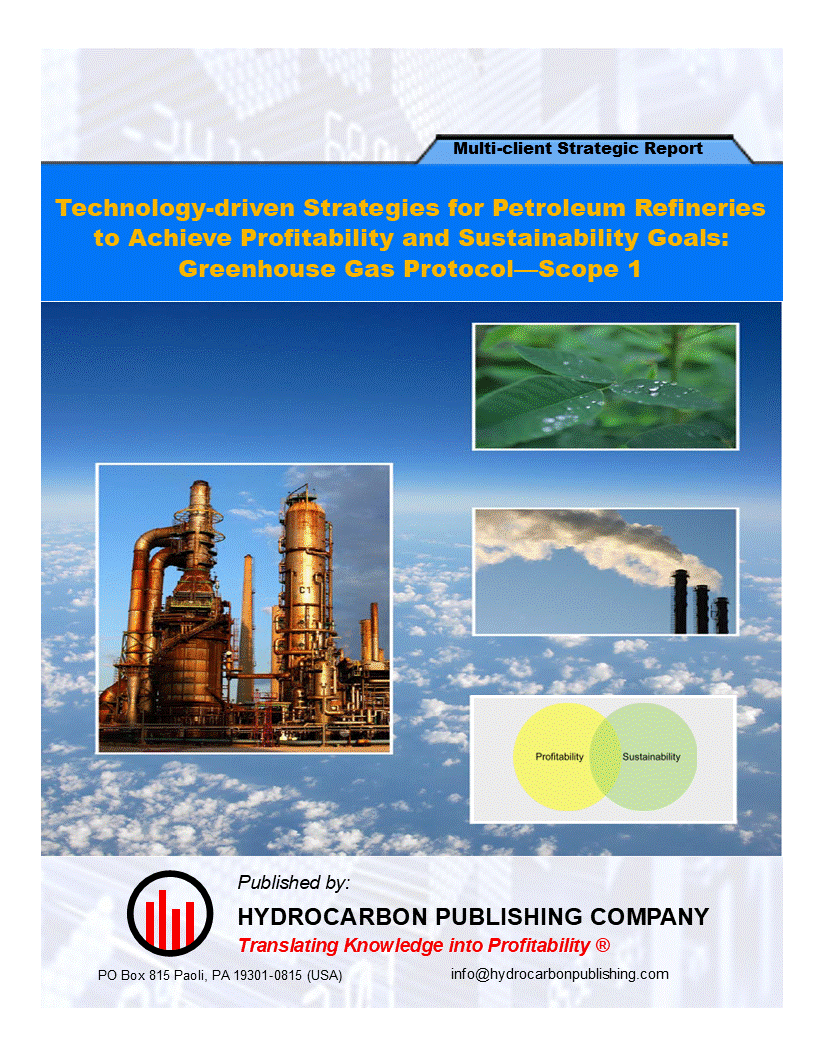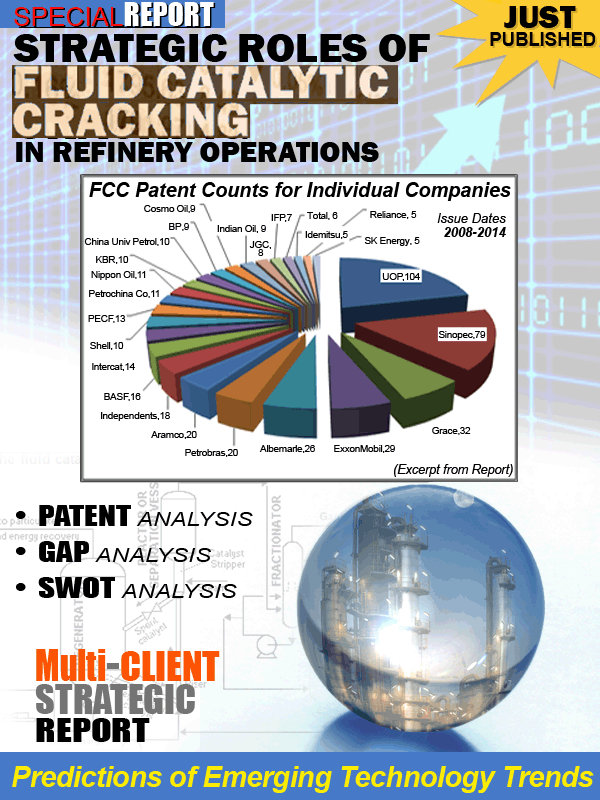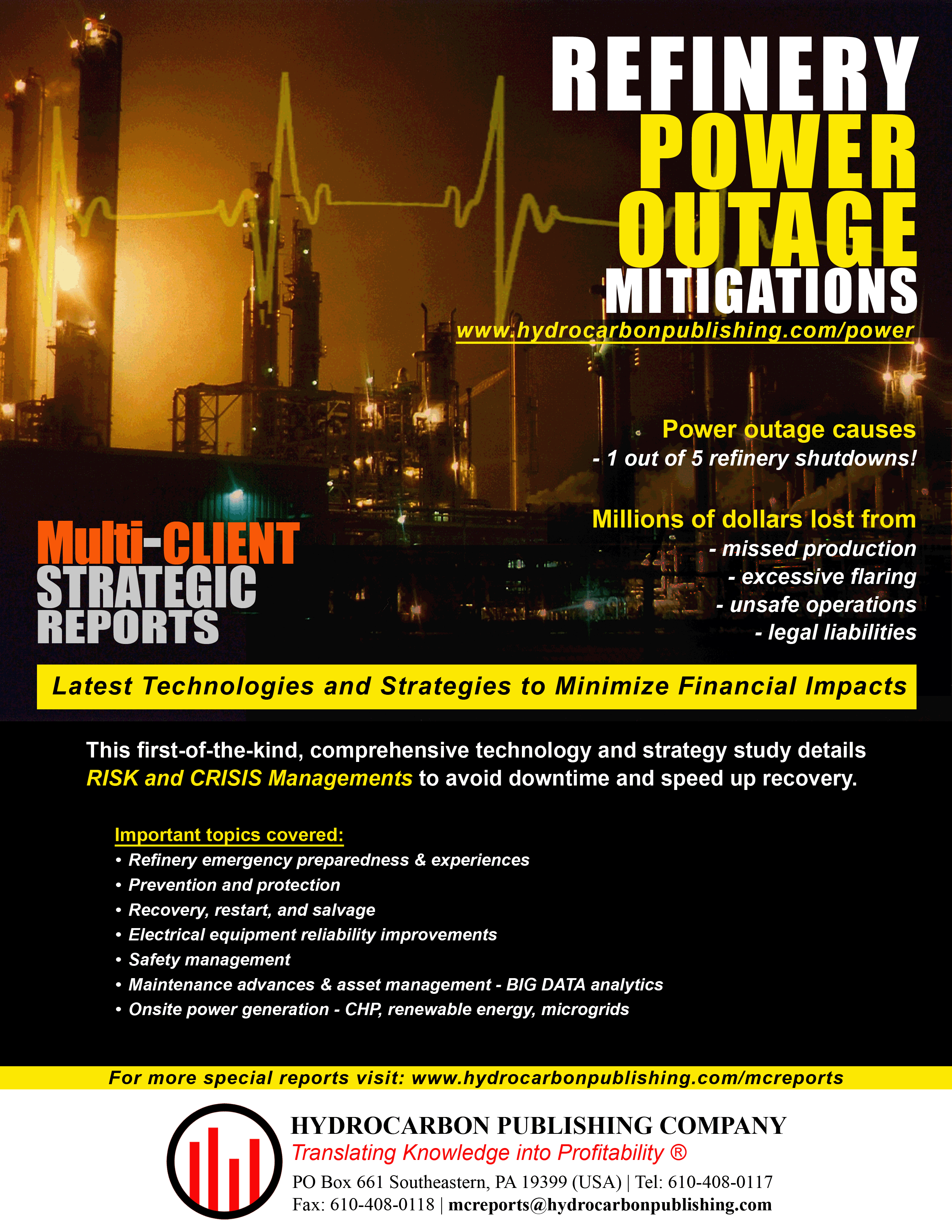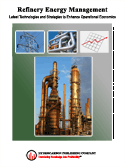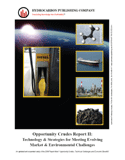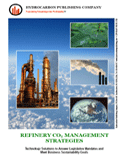
The studies focus on technical solutions to tackle present and future refining issues related to global environmental legislation, shifting crude sources, fuel-demand trends, operational challenges, and inter-fuel competition that would impact refiners' profitability and sustainability. The discussions and recommendations include a macroscopic view of specific issues, analyses of refiners' capabilities, and reviews of emerging technologies which provide practical and cost-effective solutions.



